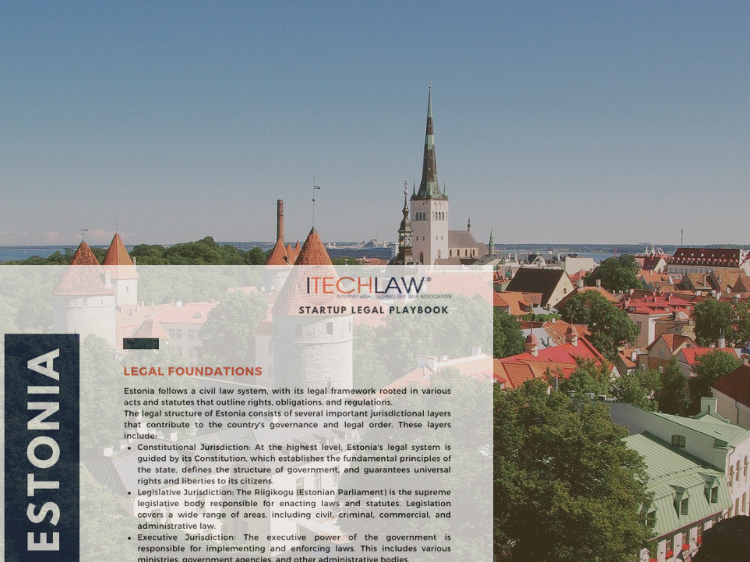
Background and where do we stand now?
The United Kingdom (UK) left the European Union (EU) on 31 January 2020.
A Withdrawal Agreement was negotiated prior to withdrawal which set out the terms of the UK’s exit from the EU. The Withdrawal Agreement also provided for a transition period until 31 December 2020 during which the UK and the EU were meant to negotiate their future relationship. During the transition period, current rules continue to apply in relation to the UK and virtually nothing changed for businesses.
The transition period will not be extended beyond 31 December 2020. At the end of the transition phase, the UK will no longer be covered by the EU law nor participate in the EU single market and customs union.
There are less than two weeks to go until the UK officially leaves the EU and there is no certainty yet as to what the future relationship will look like. After the passing of numerous deadlines, negotiations are still ongoing, but time is short, and differences remain on important issues.
A no-deal Brexit is now a likely outcome of the trade negotiations. Without an agreement on trade and the future relationship, the UK would trade with the EU on World Trade Organization (WTO) terms from 1 January 2021.
Among the changes from 1 January 2021 are that EU company law will no longer apply to the UK as the UK will become a third country. Below are some of the consequences the European Commission has highlighted:
- Companies incorporated in the UK will become third country companies and EU Member States will not be obligated to recognize the legal personality and limited liability of UK incorporated companies, that have their central administration or the principal place of business in the EU. Consequently, such companies may no longer have a legal standing in the EU and shareholders may be personally liable for debts of the company.
- Branches of a UK company located in the EU will become third country branches and the rules relevant to branches of third country companies will apply.
- The company law form of a European Company (SE), European Economic Interest Grouping (EEIG) and European Cooperative Society (SCE) will no longer be available in the UK.
Implications for Swedish businesses
The UK’s exit from the EU is likely to have an impact on Swedish businesses. In view of the considerable uncertainties, preparing for the withdrawal of the UK from the EU is also a matter of importance for Swedish companies. Below are some of the implication of a withdrawal without agreement on Swedish company law:
- Residency exemptions for company officials resident within the European Economic Area (EEA) will no longer apply to company officials residing in the UK. After the transition period, the company officials may no longer be fulfilling legal requirements on residency. Consequently, a shareholders’ meeting may be needed to appoint new officials or apply for exemption to residency requirements from the Swedish Companies Registration Office.
- Bank certificates issued by banks, credit market companies or equivalent credit institutions located in the UK will no longer be accepted for registrations of new limited companies, issues of new shares, issues of convertible debt instruments and subscribing for shares based on subscription options.
- Procedural rules for cross-border mergers of limited liability companies will no longer apply to companies incorporated in the UK.
- Inter-company loans to parent companies incorporated in the UK will no longer be permitted. After the transition period, existing loans to UK parent companies should not be affected, but changes to existing loans may be considered as a new loan and may no longer be allowed.
- Branches of a UK company located in Sweden will become a third country branches and rules for branches of third country companies will apply. After the transition period, the free trade and movement regulations as stated in the Treaty on the Functioning of the EU will no longer apply to companies incorporated in the UK.
- Residency exemptions for managing directors of a branch who reside within the EEA will no longer apply to managing directors residing in the UK. After the transition period, the branch may no longer fulfill its requirements on residency and may need to appoint a new managing director or apply for an exemption from the Swedish Companies Registration Office.
Prepare your business for Brexit
Make sure your business is prepared for the end of the transition period – regardless of the outcome of the ongoing negotiations. Here are some key considerations you should keep in mind:
- Check existing and new agreements in order to assess the effect that Brexit may have on your legal rights and obligations under such agreements.
- Check the company accounting and reporting requirements applicable to third country companies.
- Check that the company’s officials and persons authorized to sign on behalf of the company fulfill the legal requirements on residency. At least half of the company’s board members must reside within the EEA and the same rules applies for deputy board members.
- Check that the company’s managing director and deputy managing director reside within the EEA. The same rules apply to branches.
How Magnusson can help
While we know that things are about to change in the way Swedish businesses trade with the UK, by how much remains to be seen. Regardless, we at Magnusson are available to provide legal advice on how your business should manage any Brexit related issues in all legal areas, including corporate restructuring, labour law, insurance law, intellectual property, reviewing commercial contracts, advising how to best handle procurement in emergency and dispute resolution to help ensure that your business is prepared for Brexit, whatever the outcome.
Contact

Jonas Bergquist
Partner
Corporate and M&A, Energy, Real estate
Send me an email +46 8 463 75 00 +46 76 822 75 01









